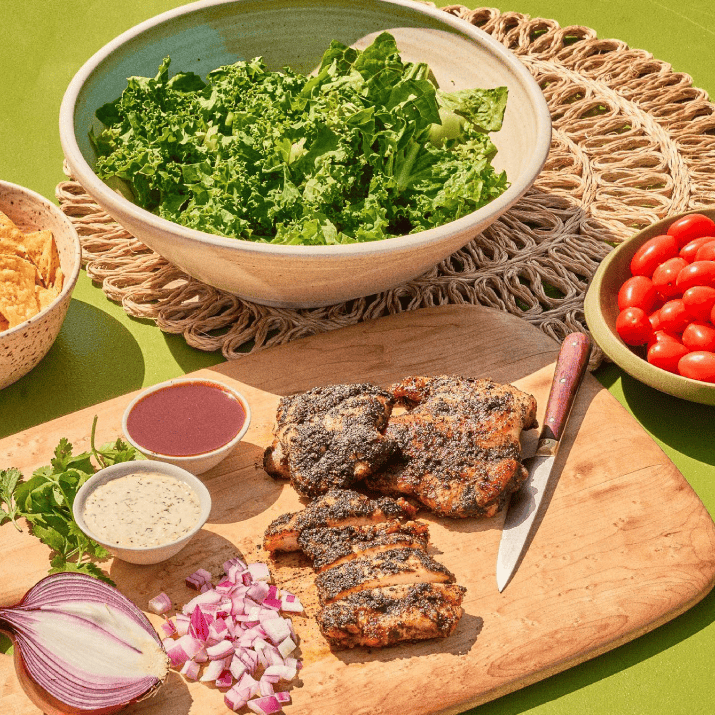In a world where health trends come and go, the power of science-backed nutrition remains unwavering.
Honest Greens, Myrtle Beach’s haven for wholesome dining, seamlessly merges scientific principles with delectable flavors, creating a truly nourishing experience.


At Honest Greens, every bowl is a testament to nutrient density—offering a wealth of vital nutrients per calorie. Science tells us that nutrient-dense foods are a cornerstone of good health. As you step into Honest Greens, you’re greeted with an array of fresh produce, lean proteins, and wholesome grains that not only tantalize your taste buds but also fuel your body with essential vitamins and antioxidants.

The science of macronutrient balance takes center stage on Honest Greens’ menu. Scientifically sound eating means providing your body with the right mix of carbs, proteins, and fats. Honest Greens’ offerings achieve this harmony flawlessly. Whole grains deliver sustained energy, lean proteins supply essential amino acids, and healthy fats support your body’s vital functions—all in a single, balanced plate.

Micronutrients might be tiny, but their impact is enormous. Honest Greens understands the science of these essential elements, infusing dishes with vitamins, minerals, and phytonutrients. With every bite, you’re not only indulging in exquisite flavors but also bolstering your immune system, supporting bone health, and combating oxidative stress.

Elevate your well-being and delight your taste buds with every bite. It’s time to embrace a dining experience that’s not just about food—it’s about celebrating health, nourishment, and the marriage of science and taste.







